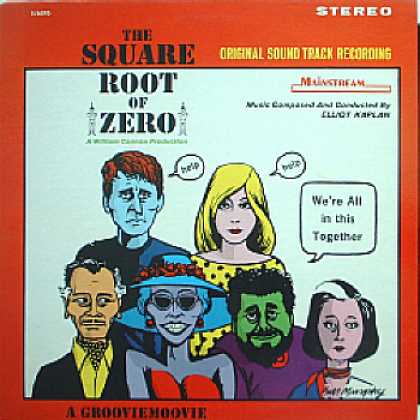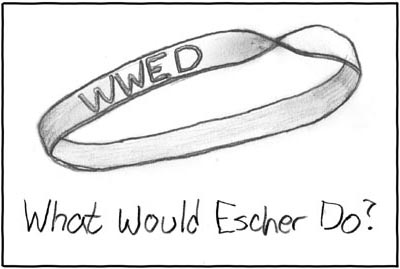The
Ministry Digital Resources Development team is delighted to announce that two
new apps, Money by Mathies and Notepad by Mathies, are now available at the App Store, the Google Play Store
and for Desktop.
Please visit www.mathies.ca/LearningTools.php
to access them.
There is also an email
list that you can subscribe to if you would like to receive updates about new
resources. Visit http://oame.on.ca/CLIPS/WhatsNewEmailList.html
or click the link at the top of the What’s New dialog inside http://mathclips.ca .
The
Money by Mathies app allows students to represent values using realistic coin
and bill images provided by the Royal Canadian Mint and the Bank of
Canada.

The Notepad by Mathies app allows
annotations to be made on top of blank, lined, isometric or grid backgrounds.
Supports,
including wiki pages with sample screen shots, can be accessed using the i button in each app or from http://mathclips.wikispaces.com/MathCLIPS+Tools
.






